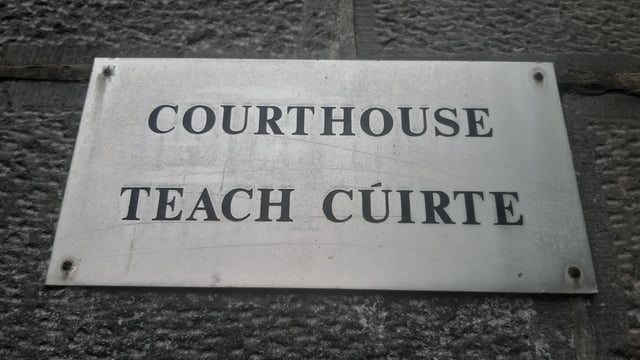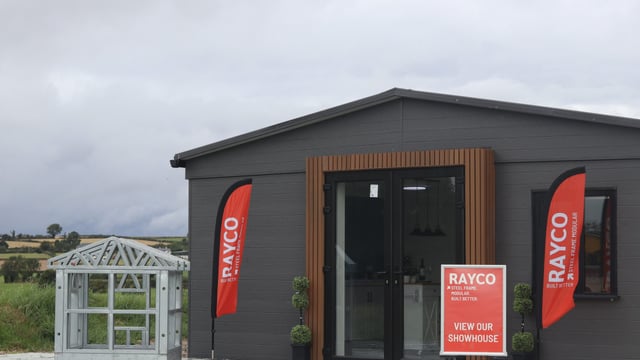'How we were farming was not giving us the reward' - tillage farmer
Louis McAuley is a conservation-minded farmer from Co. Meath, running a 1,700ac, family-run, mixed farm, with 1,400ac dedicated to cereals and the remaining 300ac in grassland.
Over the past several years, the farm has been transformed from a conventional plough-based system to a model of conservation agriculture.
McAuley said: "Ultimately, what we were doing and how we were farming was not giving us the reward."
"We were going along ploughing, and having some disappointing yields, and just being really fed up.
"The answer to our problem was to be a bit more sustainable", he added.
The move to a more environmentally friendly system came in 2015 with the adoption of low-disturbance direct drilling, which reduced ploughing on the farm and protected soil biology and structure.
Speaking at a 'Farming for Nature' farm walk which took place on his farm on June 20, McAuley spoke about how he decided to make the switch from ploughing.
He explained: "2014 was when we started in a big way."
"We were one of the first to buy a new one of these (direct-drill machine) in the country, and at the time it probably felt like a bit of a flash in the pan.
"A couple of years ago, we were kind of 100% direct drill without any ploughing.
"(After) bad weather then in autumn 2023, we went back on ourselves and ploughed a lot that year, and then this year again we're back into a lot of direct drilling again."
Another sustainable practice introduced on the farm was cover-cropping.
This involves harvesting a winter-sown crop in mid- to late summer and planting a 'break' or cover crop before a winter crop is sown again in autumn.
When explaining the benefits of a cover crop system, McAuley said: "We’re growing cover crops that create habitats at different times that wouldn’t be there on a conventional farm".
According to McAuley, there are many benefits to the strategies his farm have in place. He highlighted in particular the reduced risk of aphids and viruses due to direct drilling being done slightly earlier than ploughing.
The tillage farmer said one of the fields on the farm was in its "twelfth direct drill harvest", which he felt was a huge achievement.
He said: "We've learned more over time - how to do things better and to still try and push for high yields and good crops and do what we can do in terms of conservation agriculture along the way."
"When we can go out into our field at harvest when it’s wet and we’re not sinking, that’s when we feel we’ve had a big win."






